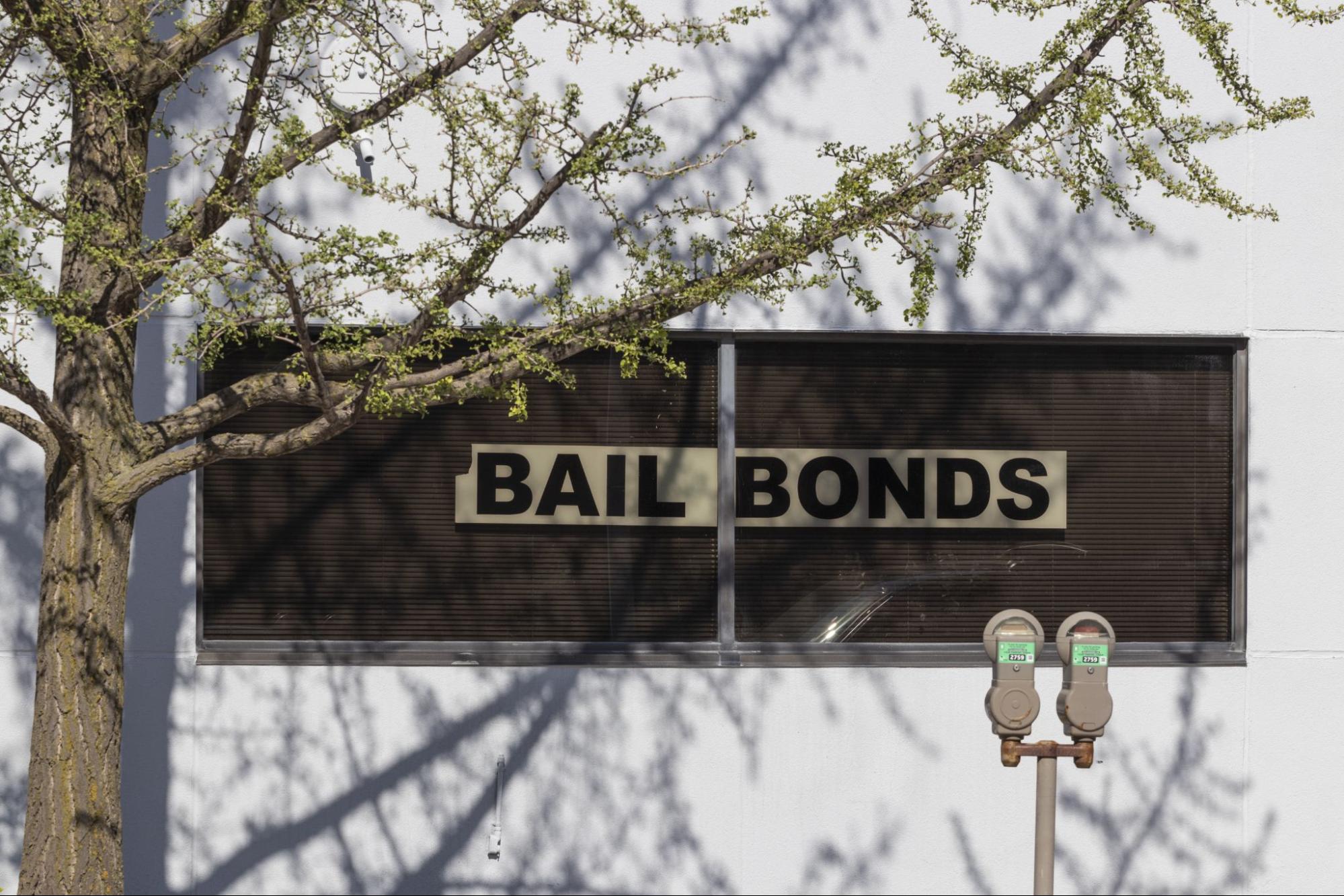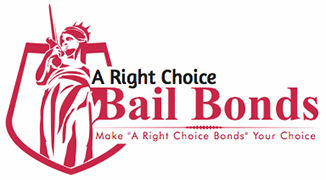 Bail is not exactly a comfortable topic. It only really comes up after someone is arrested, which makes for an unpleasant experience all around, and that’s putting it lightly. Still, it’s important to understand how this all works. If a loved one is in jail, you will want to help get them out, and that makes navigating bail crucial.
Bail is not exactly a comfortable topic. It only really comes up after someone is arrested, which makes for an unpleasant experience all around, and that’s putting it lightly. Still, it’s important to understand how this all works. If a loved one is in jail, you will want to help get them out, and that makes navigating bail crucial.
So what happens to the bail money after you pay it? The answer depends largely on two things. First, how was the bail paid? Second, did the defendant meet all judicial obligations? The answers to those questions can lead to four possible outcomes.
The Court Keeps the Money
If you miss a court appointment, then the court will keep all the bail money. In fact, that’s the entire point of charging you for bail. It is supposed to be a financial incentive to show up for your required court appearances.
Additionally, if you get arrested while out on bail, the original bail can be changed or forfeited. That’s the other part of the financial incentive. Bail is granted on the assumption that the defendant will not flee the judicial area or commit more crimes while the current proceedings are underway.
The Court Returns It to You
Considering how bail is intended to work, if the defendant makes every required court appearance, then the bail is returned. For many legal cases, there is only one necessary legal appearance, but more complicated and serious charges can require multiple appearances.
Ultimately, showing up as demanded by the court is all it takes to get the bail money returned. The court is not, in theory, charging you a fee to get out of jail. They’re holding a deposit that is refunded in full when you comply with everything.
Keep in mind that this is true even if the defendant is found guilty. In those cases, the bail money is still fully returned to the payer — as long as no new crimes were committed and every court appearance was fulfilled.
The Court Gives It to the Bond Agent
As you just read, the court returns the money to whoever directly paid the bail price. If you get a bail bond, then you are contracting a bond agent to put up the cash. As long as the defendant does all that is required, the bail money is refunded. But since the bond agent supplied the money for bail, they get the money back from the court.
This is important to remember because if something happens that causes the court to keep the money, whoever agreed to the bond contract is going to be liable for the full price of the bail money that is now being kept by the court.
The Bond Agent Keeps Your Fee
Lastly, there is the issue of a bond fee. If you contract a bond agent to post bail, they will charge you a fee. In most cases, that fee is a percentage of the total bail. This allows people who are tight on cash to still post bail and get a defendant out of jail while everyone waits for the legal process to unfold.
That fee is set in stone. If the defendant does everything, and the court refunds the bail money, the bond agent still keeps the fee that you paid. If the bail money is not returned, the bond agent keeps the fee, and they can hold you accountable for the full price of bail on top of the fee. That’s the nature of how it all works.
Very few people can afford to wait in jail for courts to get through their long, complicated processes. When someone needs out of jail and doesn’t have the cash for bail, a bond agent is often the best way to go. If you’re looking for help in this department, contact A Right Choice Bail Bonds. We are available 24/7, and we can help secure a rapid release for you or a loved one. Give us a call or reach out online today.
